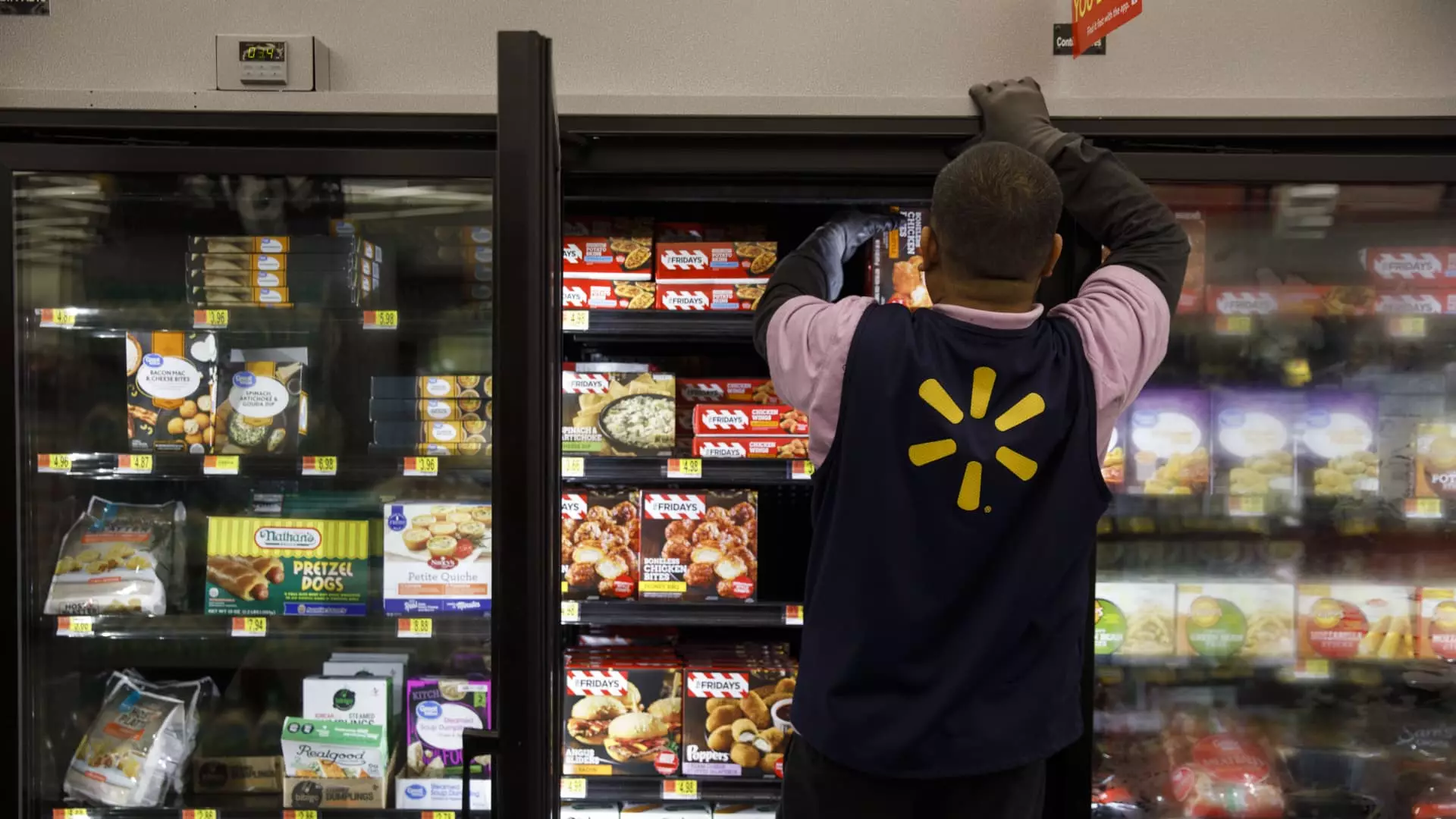The grocery industry is undergoing a significant transformation as retailers adapt to changing consumer preferences and economic conditions. One of the key trends in this evolution is the growing popularity of private label brands, which offer consumers a unique blend of quality and affordability. Walmart, the country’s largest grocer, is at the forefront of this trend with the launch of its new grocery brand, BetterGoods.
The Growing Importance of Private Label Brands
In recent years, private label brands have gained traction as consumers seek out new flavors and lower prices. The Covid-19 pandemic further accelerated this trend, as shortages of national brands led customers to explore retailers’ own offerings. As inflation continues to drive up prices of essential goods like food and housing, more shoppers are turning to store brands for cost-effective options.
Supermarkets like Walmart are redefining the private label experience by offering more than just basic and copycat products. Instead, they are introducing unique and innovative food items that cater to a wide range of tastes and dietary preferences. Target, for example, launched Good & Gather in 2019, featuring a diverse range of products from salad kits to frozen veggies. This shift towards more diverse offerings reflects retailers’ efforts to attract and retain customers in a competitive market.
Competition in the Grocery Industry
In the face of growing competition from discount grocery chains like Aldi and Lidl, traditional retailers are stepping up their private label game. Kroger, for instance, introduced Smart Way two years ago, offering affordable essentials like mayonnaise and bread. The popularity of Costco’s Kirkland brand and the success of store brands at Aldi and Trader Joe’s have also contributed to changing consumer perceptions of private label products.
Walmart’s new grocery brand, BetterGoods, is set to disrupt the market with its focus on trend-driven and chef-inspired foods. With most items priced at under $5, BetterGoods aims to appeal to a wide range of consumers, including higher-income shoppers looking for affordable options. The brand will offer a variety of products across categories such as frozen foods, dairy, and snacks, with an emphasis on culinary flair, plant-based options, and ingredient exclusions.
The rise of private label grocery brands like Walmart’s BetterGoods reflects a broader shift in consumer preferences towards quality, affordability, and innovation. As retailers continue to expand their private label offerings, consumers can expect a greater variety of unique and competitively priced products to choose from. In the era of inflation, private label brands are poised to play an increasingly important role in the grocery industry, offering consumers value and quality in a challenging economic environment.

